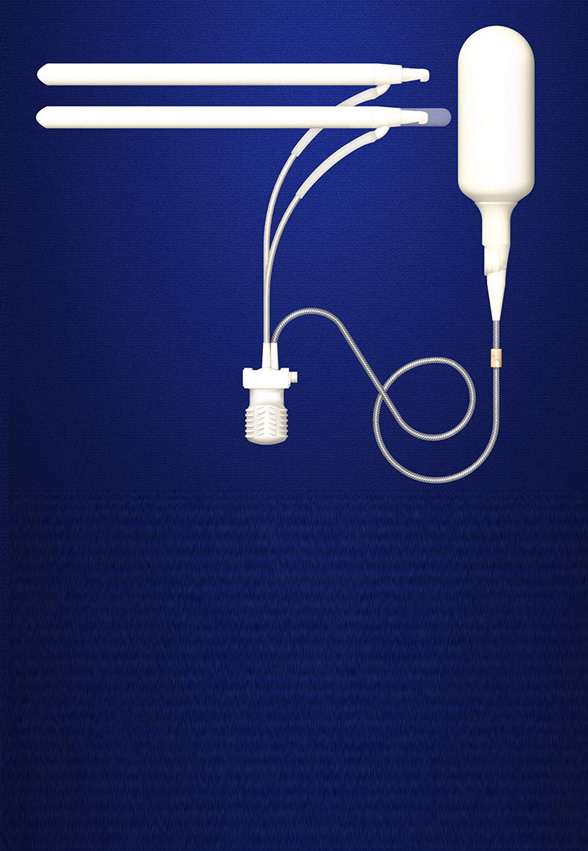

Prostate gland enlargement, also known as benign prostatic hyperplasia (BPH), is a medical condition that arises in men, especially men above 50 years of age. Prostate is an exocrine gland that is only present in the people assigned male at birth. It produces the part of seminal fluid, which is the fluid that mixes with the sperms to form semen and transports the sperms through the urethra to the outside of the body. It is present below the urinary bladder, and it also surrounds some portion of the urethra. As men age, their hormone levels change. In old men, the testosterone levels decrease but the oestrogen levels remain the same. Due to this reason, the cells of the prostate gland start growing rapidly, due to which the prostate gland develops swelling.
Nowadays, there are several innovative treatment procedures available in several countries. However, many developing countries, including African nations, don’t have advanced and new treatment methods for BPH surgery. They are still using traditional methods to treat the enlargement of the prostate. This is because they are facing many obstacles in bringing new enlarged prostate treatment techniques. The reasons for these obstacles include inadequate endourology training, non-inclusive healthcare policies, insufficient budget for essential new equipment, etc.
Seeking an early diagnosis and treatments, many men with prostate problems visit India every year from African countries like Tanzania, Ghana, Cameroon, and Rwanda. India possesses highly reputed prostate enlargement doctors who have gained many years of experience with successful treatment and surgical procedures. To know more about the BPH condition and enlarged prostate treatment in India, and available options along with their costs, continue reading further.

There can be several symptoms of having prostate gland enlargement, which may vary from mild to severe. However, if not treated on time, the BPH symptoms usually become severe and then gradually become worse over time.

Common signs and symptoms of benign prostatic hyperplasia are:
Less common signs and symptoms of benign prostatic hyperplasia include:
The men who have mild BPH may not experience any symptoms or may experience only a few symptoms. However, men who have severe enlargement of the prostate will experience multiple symptoms. As per the severity of BPH, different patients have different levels of symptoms.
CureIndia helps you choose the right doctor for your enlarged prostate treatment in India. Most of the doctors in our associated hospitals for BPH treatment have been internationally trained and are active members of many international medical councils and associations. Let's hear from some of the most reputed prostate enlargement doctors in India.





The total cost of enlarged prostate treatment in India to treat an enlarged gland of the prostate is different for every patient because it can depend on various factors. However, the minimum cost of benign prostatic hyperplasia operation can be $1,100, and the maximum cost can rise to $1,500. You can consider the average cost of enlarged prostate treatment in India to be around $1,200. To give you a better idea about the average cost ranges of different enlarged prostate surgery types, the average costs of individual surgeries are listed below.
| Treatment | Cost | Stay in India |
|---|---|---|
| TURP Enlarged Prostate Treatment in India | 2,500 USD | 7 Days |
| HoLEP Enlarged Prostate Treatment in India | 3,500 USD | 7 Days |
| Green Laser Enlarged Prostate Treatment in India | 5,000 USD | 7 Days |
| Rezum Water Vapor Therapy in India | 4,000 USD | 7 Days |
BPH is considered a normal body outcome due to gradual ageing in the mean. Men above 75 years of age are more vulnerable to facing BPH symptoms. The exact causes of benign prostatic hyperplasia or prostate gland enlargement are still not unknown; however, one or more of the following risk factors can be responsible for the enlargement of the prostate. They are:

Men younger than the age of 40 rarely face signs and symptoms related to prostate gland enlargement. By the age of 60, about 1/3rd of men face moderate to severe symptoms of an enlargement of the prostate, and by 80, almost 50% of the men do.
Having someone in the immediate relation, especially in blood relations, who has or has had a history of prostate problems also increases your risk of having benign prostatic hyperplasia.
Men, especially on the older side, having diabetes as well as heart disease, also carry an increased risk of BPH.
Obesity is believed to be a huge factor in increasing the risk of getting benign prostatic hyperplasia, while exercising decreases the risk.
There are many treatment approaches for the BPH surgery. If the severity of your BPH is low, then it can be managed by some conventional treatment approaches like medications and minimally invasive procedures. The medications include alpha-blockers, 5-alpha reductase inhibitors, and combination therapy. The minimally invasive procedures include TUMT, TUNA, and WVTT.
If the BPH is severe and the treatment cannot be approached by other conventional methods like medication and minimally invasive procedures, then it requires surgical intervention. Conventional prostate gland enlargement surgery includes transurethral resecting of the prostate (TURP), which is a traditional procedure used to remove excess prostate tissue, and laser surgery for enlarged prostate which uses laser therapy to vaporise and remove the excess prostate tissues.
Besides conventional surgical procedures, there are several innovative approaches that are being used in Indian hospitals for enlarged prostate treatment. These enlarged prostate treatment in India include:
It is a minimally invasive procedure that involves placing tiny implants to lift and hold the excess prostate tissues so that they remain away from the urethra. This will prevent the constriction of the urethra and allow the flow of urine.
It is also a minimally invasive procedure, which is, in fact, a robotic-assisted technology that involves using a high-velocity water jet to remove the excess prostate precisely and preserve the surrounding tissues at the same time.
It is a non-surgical, minimally invasive procedure that involves injecting tiny particles into the blood vessels of the prostate, which will make the excess prostate tissue shrink.
Rezūm water vapor therapy is a minimally invasive enlarged prostate treatment which uses steam to treat an enlarged prostate or BPH. Sterile water vapor is injected into the prostate gland and the steam's stored energy is released into the tissue to shrink theprostate and increase sexual function.
An enlargement of the prostate is a condition that mostly affects elderly men who are more than 60 years old. It is not a dangerous condition, but it can affect your daily life. The low and middle-income countries don’t have easy access to the new, less-complicated treatment procedures for their benign prostatic hyperplasia. However, with the new and improved prostate gland enlargement surgery approaches available in India, you can receive the best procedure for enlarged prostate at a very affordable price.


Suffering from Erectile Dysfunction
Open up and get treated
Semi Rigid and Inflatable Penile Implants
Get back the Erection
Insecure about your size
Get Penile Augmentation